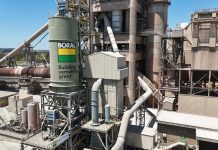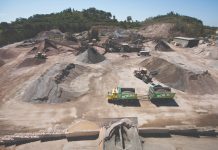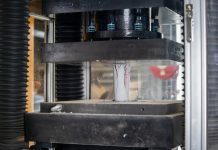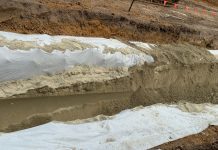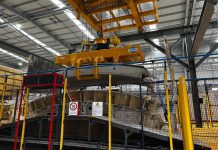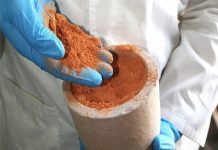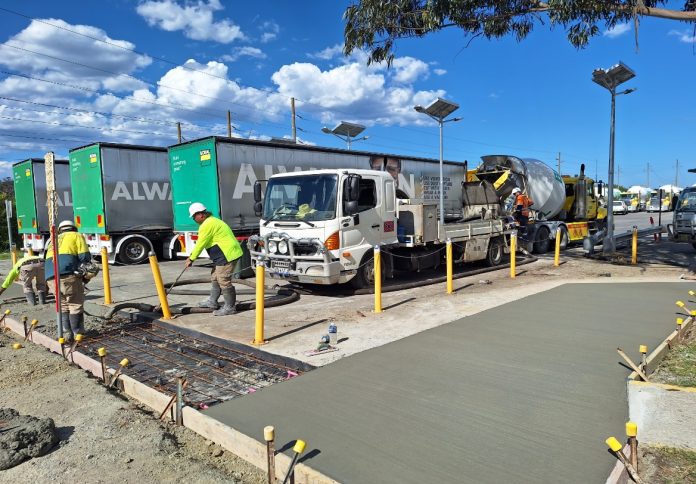
Boral has announced the successful trial of a concrete mix containing recycled concrete aggregates recarbonated through carbon capture technology, marking what the company says is an Australian first in manufacturing innovation.
The trial used recycled concrete aggregates from Boral’s Widemere recycling facility to capture and permanently store carbon dioxide from flue gas at its Berrima Cement Works in New South Wales, Boral said in a news release.
The process took place in Boral’s recently commissioned recarbonation-based carbon capture and storage pilot plant, with the recarbonated aggregates then used to partially replace natural coarse aggregates in a low-carbon concrete mix.
Boral said the trial demonstrates a pathway for integrating recarbonation-based carbon capture technology into concrete manufacturing. “We’re proud to lead the development of utilisation pathways for recarbonated concrete aggregates,” said Dr Ali Nezhad, Head of Sustainability and Innovation at Boral.
“Its successful use not only enhances the viability of recarbonation-based carbon capture technology but also offers the potential for a further reduction in the embodied carbon of concrete by replacing natural aggregates.”
The field trial was carried out at Boral’s Maldon cement manufacturing facility, with funding support from the Federal Government’s Carbon Capture, Use and Storage Development Fund.
In the project, 50 per cent of the natural coarse aggregates in Boral’s Envisia low-carbon concrete were replaced with the recarbonated material.
Boral said the CCS process provides a practical and lower-cost solution for capturing and permanently storing carbon dioxide from cement manufacturing, where process emissions account for about 65 per cent of total emissions.
The company added that accelerating the natural carbonation process of recycled concrete aggregates in controlled conditions improves both the efficiency and potential applications of the technology.
“At Boral, we are committed to a lower-carbon future, and we believe recarbonation will play an important role in decarbonising the cement and concrete industry,” said Vik Bansal, Boral CEO and Managing Director.
“The successful accelerated recarbonation of recycled concrete aggregates at our CCS pilot plant at Berrima and utilisation of these aggregates in concrete further reinforce the potential of this technology.”
Bansal added that Boral is pursuing multiple pathways to decarbonisation, with recarbonation forming part of its longer-term strategy.
“Alongside our significant investments in alternative fuels and alternative materials to decarbonise our cement manufacturing operations in the short term, we remain committed to exploring technologies like carbon capture and storage as part of our long-term journey towards our net zero ambition by 2050,” he said.
Boral noted that global research, including findings from the UN’s Intergovernmental Panel on Climate Change, shows carbon emissions from concrete and cement manufacturing can be partially reabsorbed by concrete during its lifecycle.


